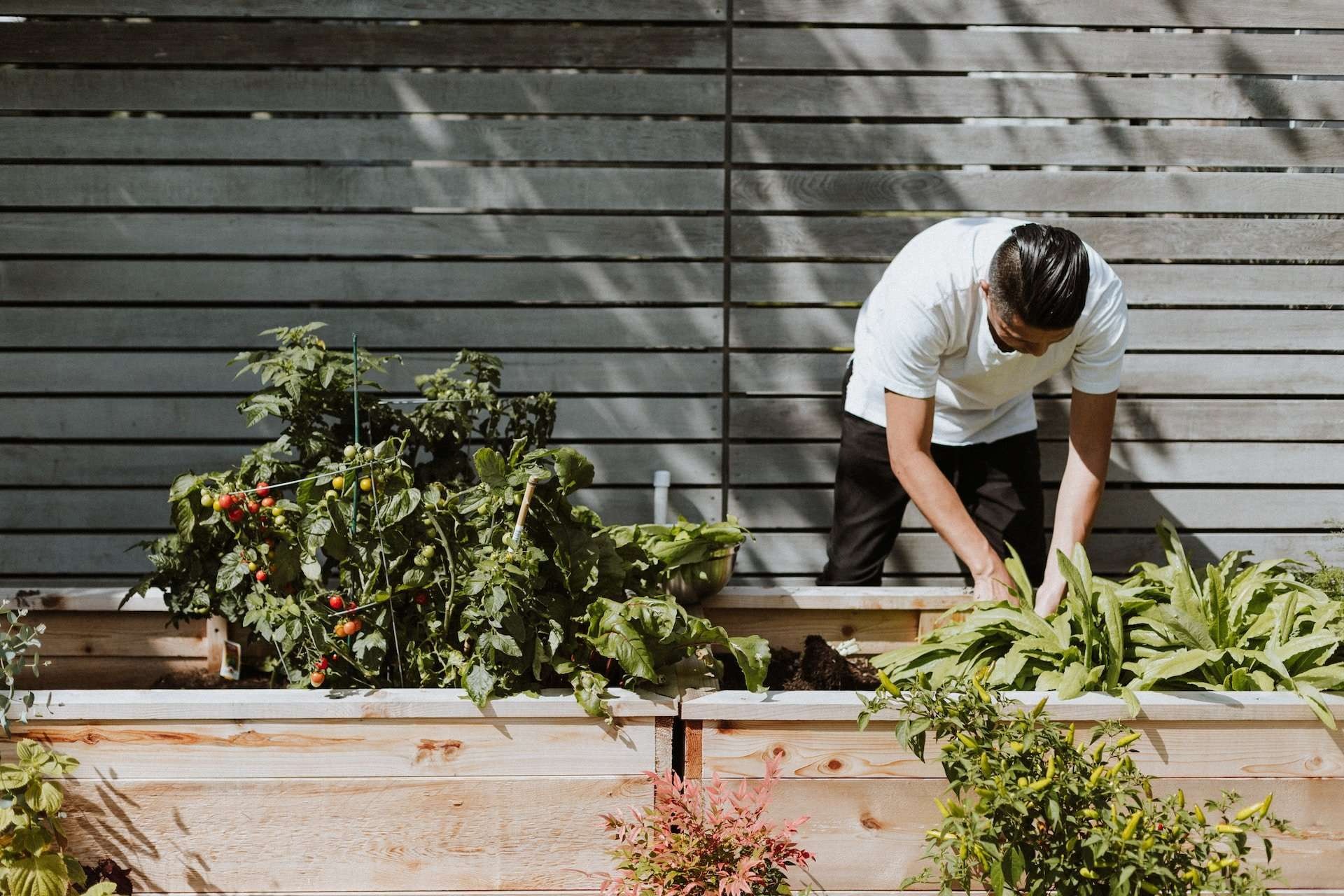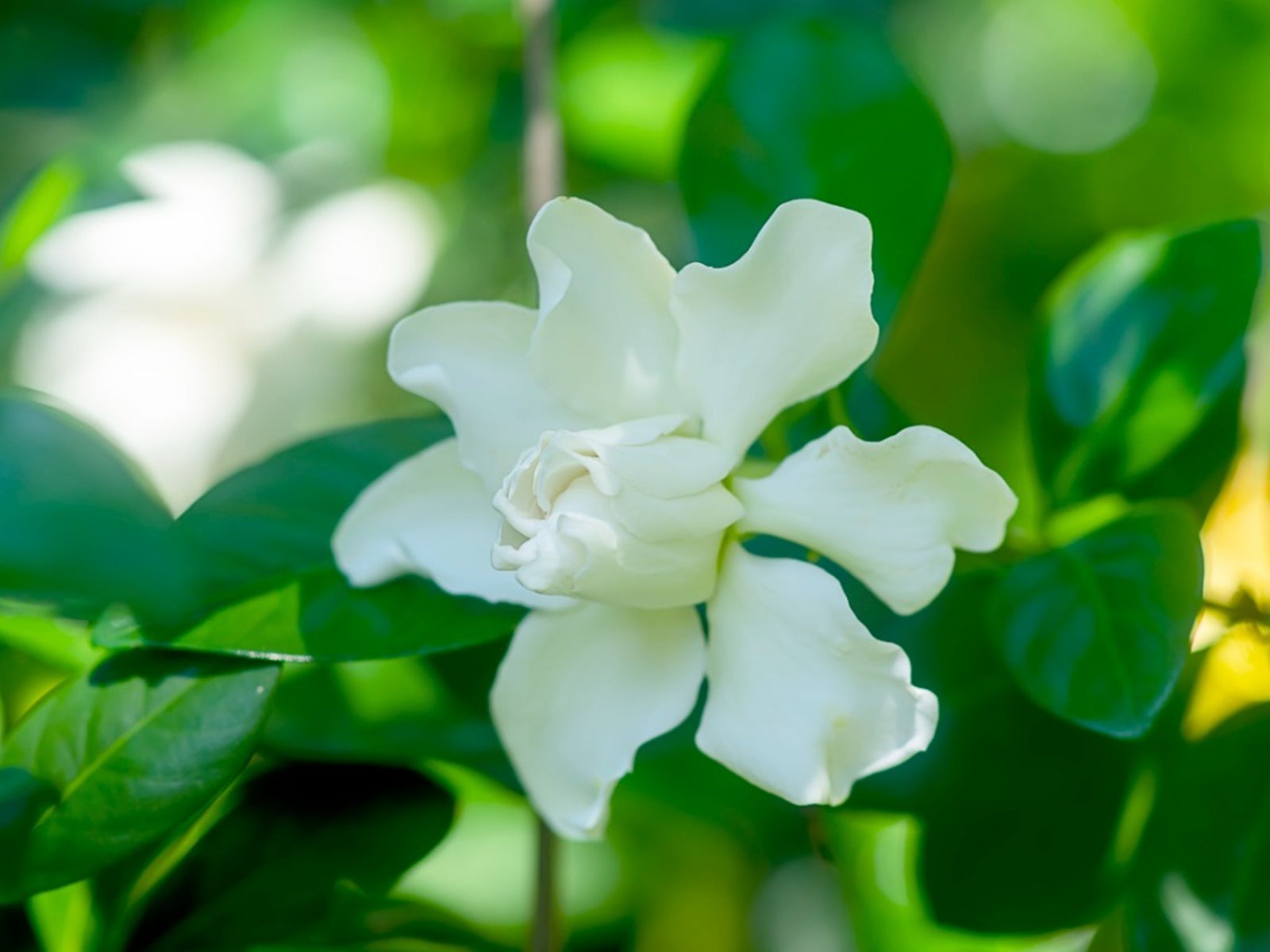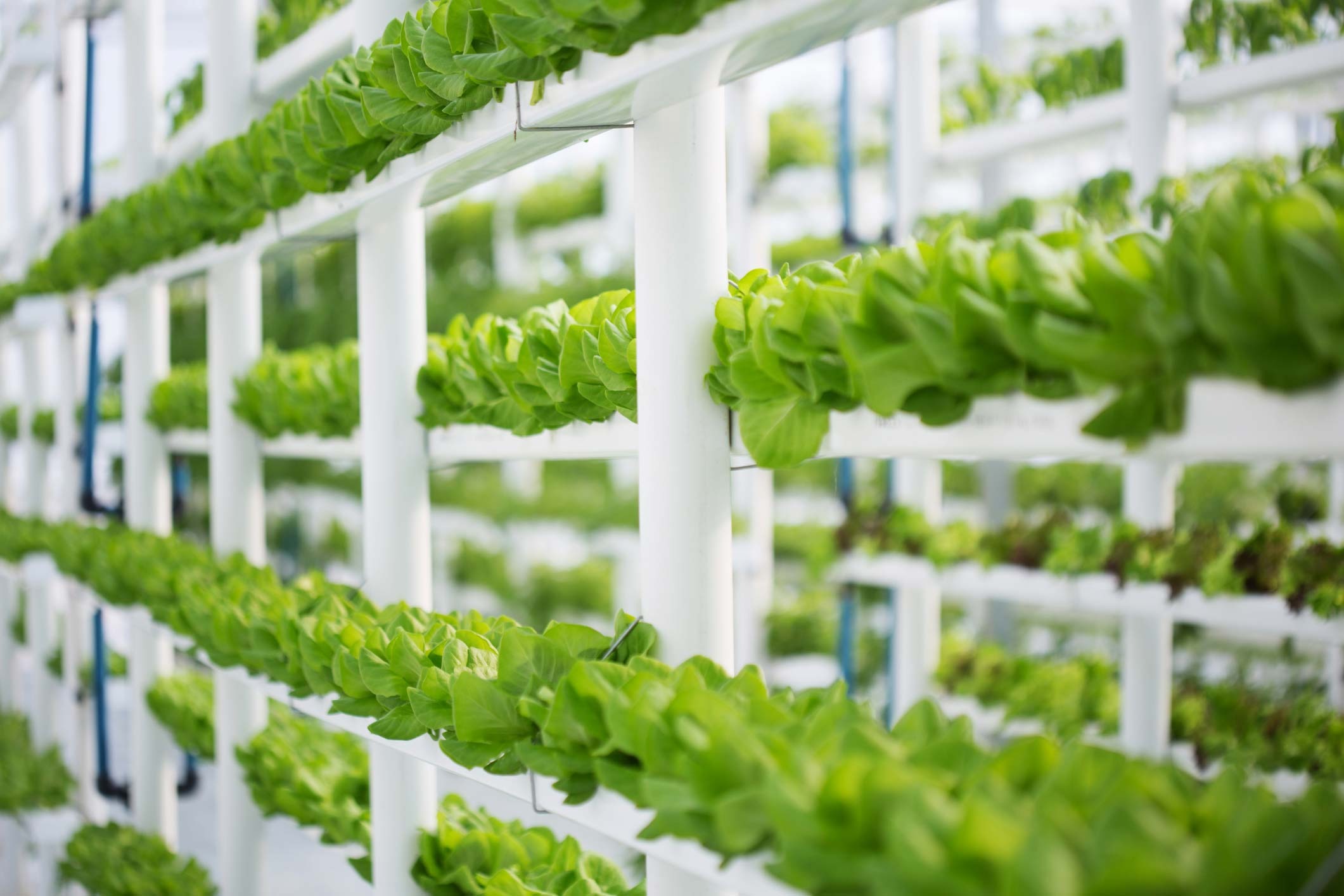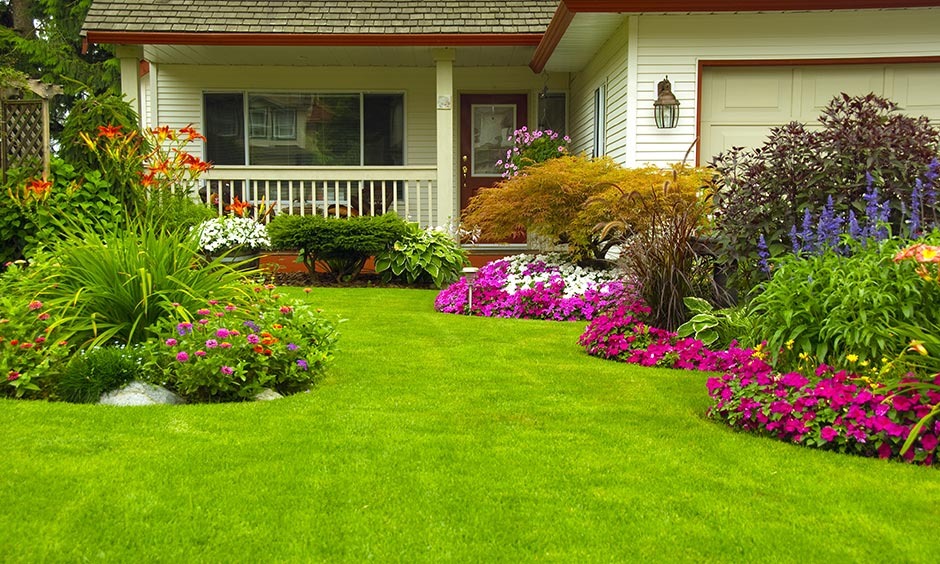Sustainable gardening practices aim to minimize waste, conserve resources and promote a healthy ecosystem.
By implementing sustainable practices in your garden, you can reduce your environmental impact and create a more sustainable future. In this blog, we will explore some sustainable gardening practices that you can implement in your garden.
Sustainable gardening practices
Composting
Composting is the process of transforming organic waste into nutrient-rich soil. By composting your kitchen waste, garden waste and other organic materials, you can reduce the amount of waste you send to the landfill by creating a valuable resource for your garden. Compost provides the plants with essential nutrients and helps to retain moisture in the soil.
Water conservation
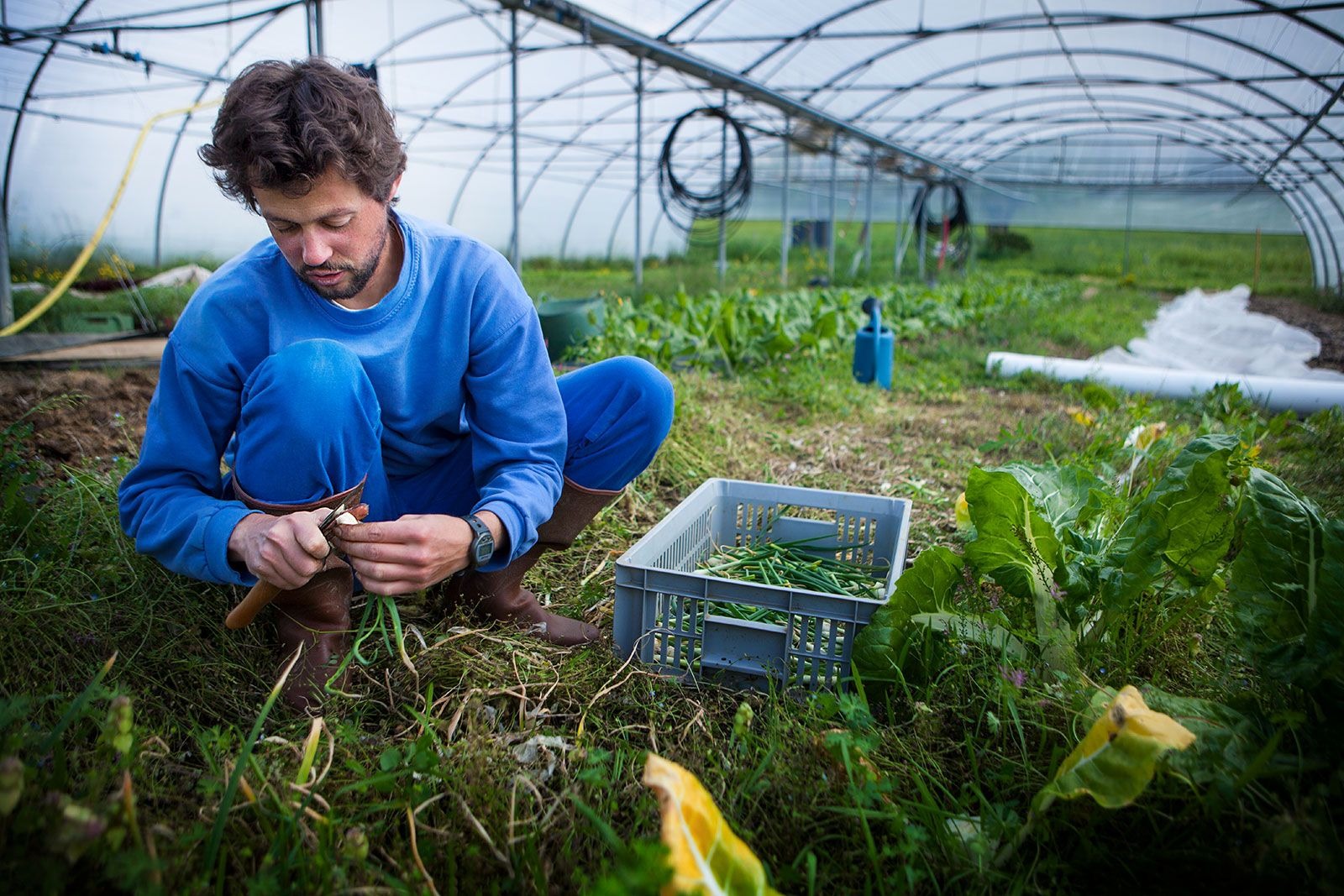
Storing water in the garden is an essential part of sustainable gardening. Some water conservation practices include:
- Collecting rainwater in barrels for use in the garden
- Installation of drip irrigation systems to minimize water waste
- Planting drought-resistant plants that require less water
- Mulching to retain moisture in the soil
- By storing water in the garden, you can reduce water consumption and create a more sustainable garden.
Organic gardening
Organic gardening practices involve avoiding the use of synthetic fertilizers and pesticides. Instead, organic gardeners use natural methods to control pests and health issues, such as seeding partners, crop rotation and natural pest repellents. Organic gardening promotes healthy soil, reduces exposure to chemicals and supports biodiversity.
Reduce, reuse and recycle
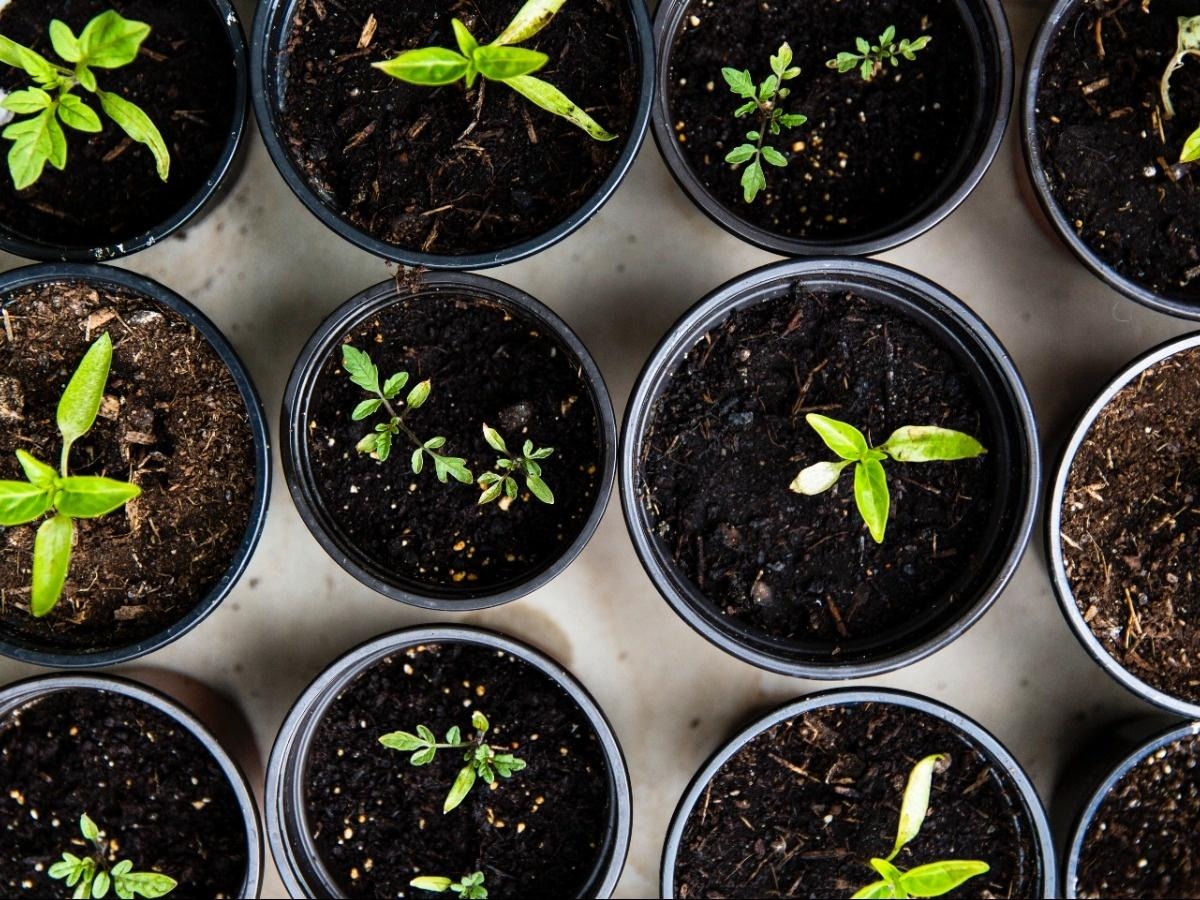
Reducing waste in the garden is an essential part of sustainable gardening. Here are some ways to reduce waste:
- Use of recycled materials for gardening projects
- Reuse old gardening tools and containers
- Using reusable garden labels and markers
- Reducing the use of single-use plastic in the garden
- Reducing waste in the garden allows gardeners to create an overall more sustainable and environmentally friendly garden.
Native species of plants
Planting native species in your garden can help support local ecosystems and promote biodiversity. Native plants are adapted to the local climate and soil conditions, which makes them easier to grow and maintain. Native plants also provide food and habitat for local wildlife.
Sustainable gardening practices can help reduce waste, conserve resources and promote a healthy ecosystem. With composting, water conservation, the practice of organic gardening, waste reduction and the planting of native species, a more sustainable and environmentally friendly garden can be created.

Sustainable garden design: Using garden planning software
Garden design is an essential part of creating a sustainable and environmentally friendly garden. Using the garden planning software
By using Hortisketch, our garden planning software Hortisketch is a fully customizable, dynamic and easy-to-use gardening platform.
The integration of water conservation, the use of sustainable materials, the incorporation of native plants and the creation of compost areas are just a few ways to make your garden more sustainable. With the help of garden planning software.

